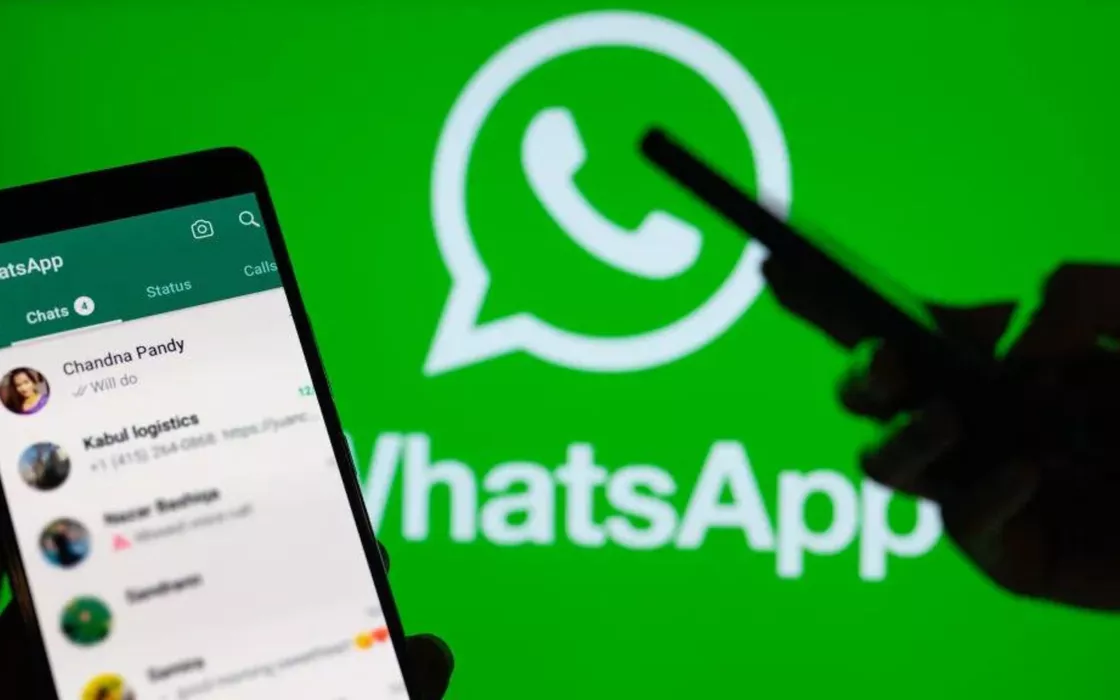The infamous Digital Markets Actknown as DMAis bringing a real earthquake in the context of messaging app (and not only). Some of these innovations, it seems, could be very welcome by users.
Precisely as a consequence of the European directive, for example, WhatsApp could introduce a messaging system based oninteroperabilityas explained by the app’s technical director Dick Brouwer during an interview with Wired.
According to what emerged, contents such as text and voice messages, as well as images, videos and files, could therefore also be sent and received outside of WhatsApp. There is talk, although the platforms potentially involved are not yet known, of Telegram, Signal, iMessage and other similar services.
However, all this also raises some doubts regarding the measures adopted by Meta and by the other party as regards encryption and, more generally, the security of the contents sent and received through the apps involved.
WhatsApp interoperability: some signs suggest that it has been in Meta’s thoughts for some time
For WhatsApp, in fact, it seems essential to adopt its own protocol for encrypting messages. Although Meta is also open to other protocols, the other platforms will have to submit to high safety standards to be able to configure yourself with WhatsApp.
Third-party services will also need to sign a contract with Meta before they can interface with the messaging app. At the moment it is not known what conditions may be presented in order to join this partnership.
In reality, some signs of this type of opening of WhatsApp have already appeared in the past, through alcuni leak. Specifically, there is talk of an alleged new section called “Third party chat” which could soon be presented to users.
Meta will most likely reveal more details on the possible interoperability of WhatsApp. In all likelihood, however, it will be necessary to wait a few more months for its actual introduction.

